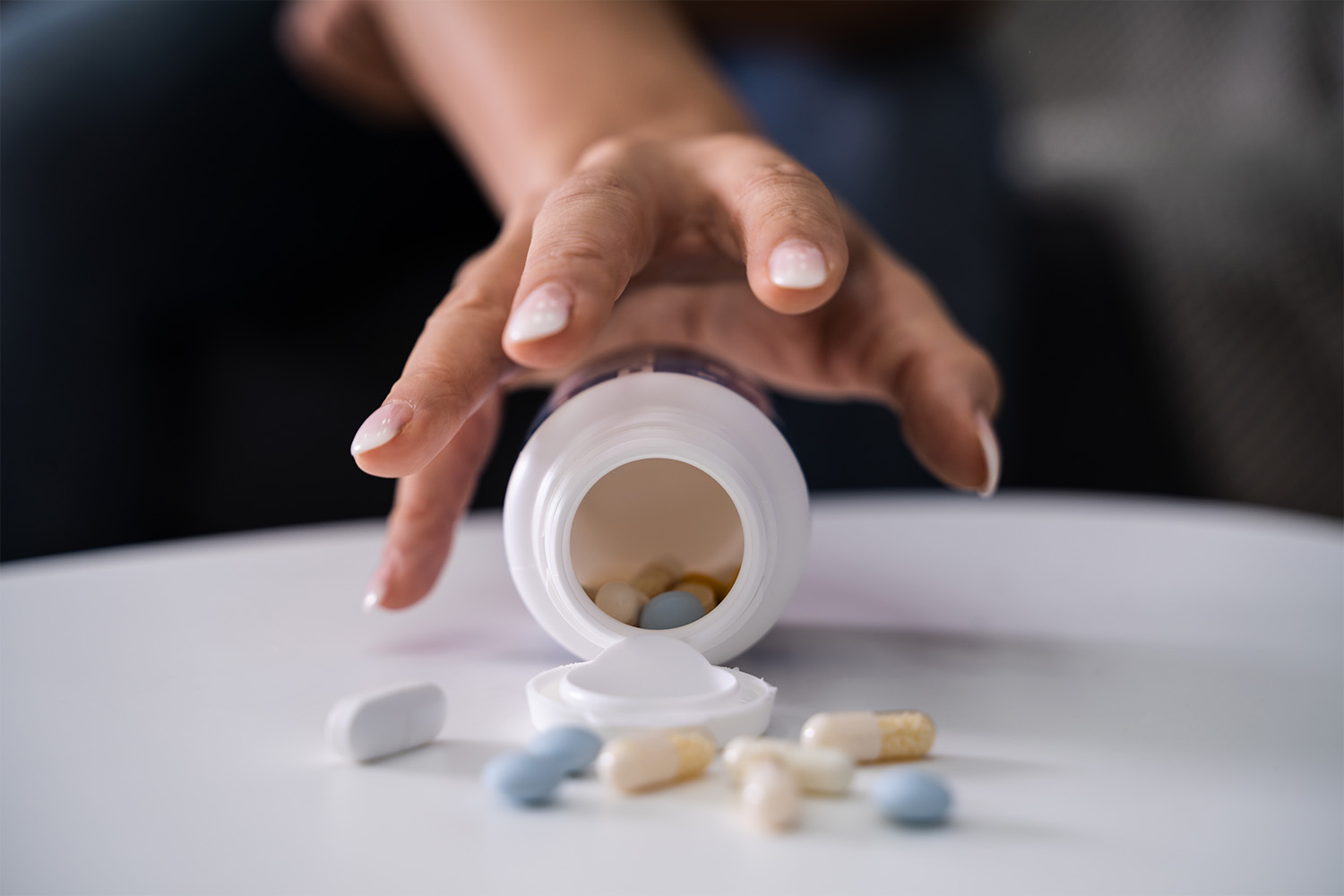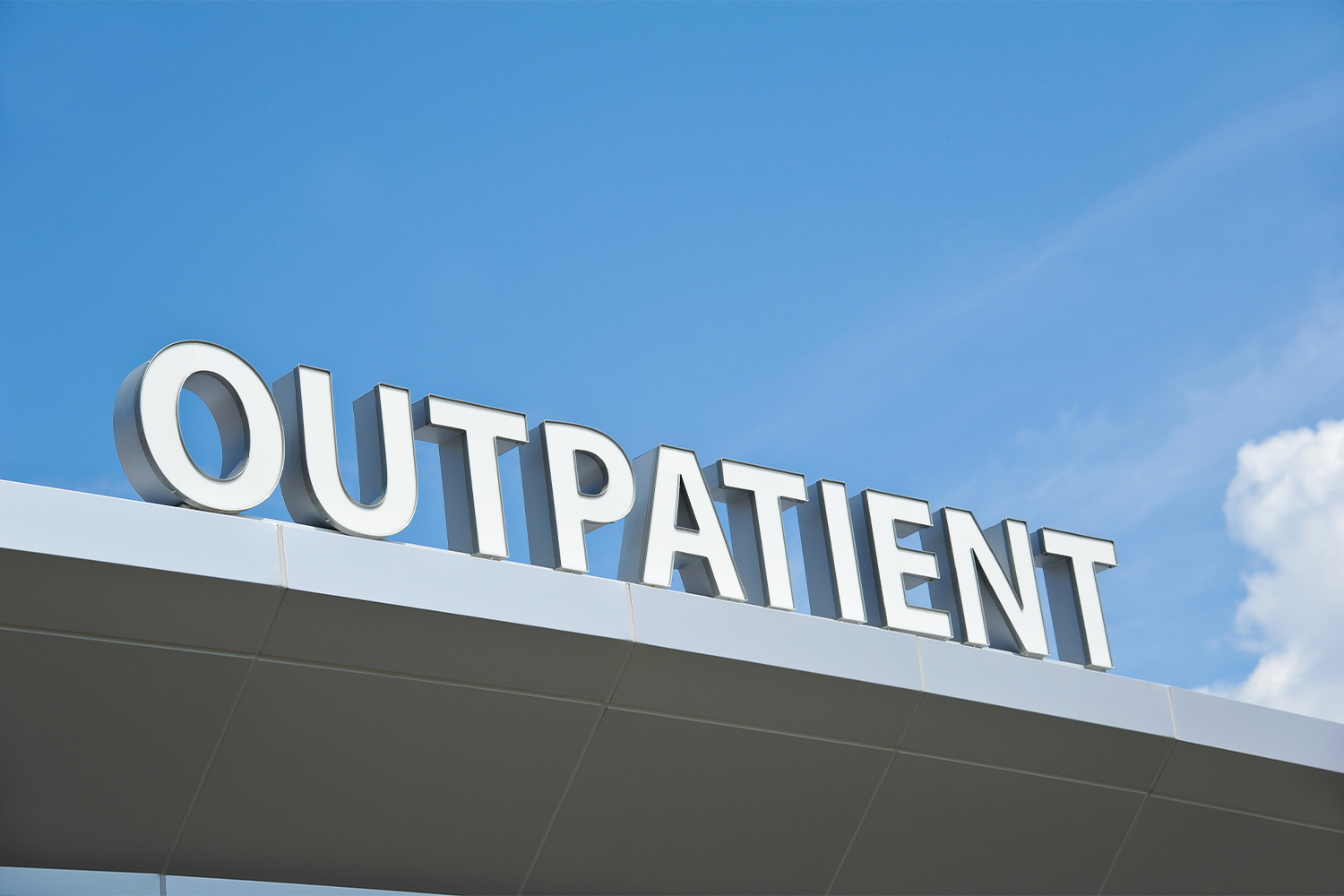Whether you or a loved one is struggling with substance abuse, it can be challenging to come to terms with the reality of the situation. You may not want to admit that you are struggling, and asking for help might be out of the question.
Recognizing that you need help is one of the hardest parts of struggling with addiction, but it is the first step toward recovery.
But what about when you suspect a family member has an issue? Some signs may become apparent when someone is dealing with substance misuse. Knowing what to look for may help you determine if an issue deserves some recognition.
Of course, no two people will have the same journey regarding substance abuse. Therefore the signs may vary.
For people that have been dealing with addiction for a while, it can be difficult to seek substance abuse treatment, but it’s completely worth it. Keep reading to learn more about substance abuse and how you can recognize a person struggling.
What Is Substance Abuse?
Substance abuse can cover a broad spectrum, with addiction falling at its most challenging end. Some people might dabble in drugs or alcohol use recreationally and never experience an addictive cycle.
Others are not so lucky. Of course, other factors are often at play. Developing a substance use disorder can be a slow and steady process.
Substance abuse can be defined as a chronic, relapsing disorder that involves drug-seeking behaviors that tend to neglect any harmful consequences that come with the usage. People with substance abuse problems tend to not care about what happens following drug use — and might be using the substances as an escape.
Despite any adverse outcomes, this person will continue to use the substance to sate their cravings.
People with drug abuse often struggle with mental health disorders and other substance-related health issues. To best treat a substance use disorder, both your physical well-being and mental health must also be treated.
What Is Substance Dependence?
Substance dependence is when substance use continues even though the negative consequences of substance use have begun to show. So, the person using these substances knows there have been adverse side effects but cannot stop on their own.
You might be dependent on a substance if:
- You have built up a tolerance so that the substance hardly affects you unless you take larger doses or more frequent doses
- You spend most of your time using, recovering, and then finding more of the substance to repeat the cycle
- You begin to stay away from family, friends, and coworkers
- You experience withdrawal symptoms that make you feel sick
- You continue to use the substance even though you are aware of the issues
What Substances Are Often Abused?
Most illegal drugs can become addicting. Many substances that we associate with a “quick” relief or “numbing” effect have the potential to become very dangerous — and faster than some people think.
Substances like the following can end up in abusive cycles that are difficult to break:
- Alcohol
- Cocaine
- Cannabis
- Amphetamines
- Opioids like fentanyl, heroin, and morphine
- Prescription drug
- Hallucinogens
- Inhalants
- Methamphetamines
Not all of these drugs are addictive the first time you use them, but the slope sure is slippery. It’s important to recognize when a recreational activity you sometimes participate in becomes an everyday obsession.
What Causes Substance Abuse?
Substance abuse is not caused by one specific thing. Many factors can lead you to drug or alcohol abuse, including trauma, genetics, and your environment.
Some people begin experimenting with various substances when they are young adults and don’t quit. Their experimentation quickly turns to addiction or drug misuse, as they seek new and different ways to get a “high.” Others turn to substances to numb their pain or to deal with past trauma.
Some factors that influence substance abuse are:
- Environmental stressors
- Social pressure
- Genetics
- Psychiatric problems
It might not always be obvious when someone is struggling with substance abuse. It’s important to check in on your friends and family if you think there is a reason to be concerned.
Signs of Substance Abuse
Many new and different behaviors might arise if you or someone you know is struggling with substance abuse. It’s important to keep an eye out for sudden changes in how a person acts. These changes can hint that something is going on underneath the surface.
A person with substance use disorder might show a variety of signs, both physical and behavioral, that point to substance abuse. To get help, sometimes you need someone to show you that they care about you and notice that you are having difficulties. It can be hard to ask for help yourself.
Physical Signs
People may begin to show signs of substance use disorder in how they look and hold themselves. Different drugs and substances will impact everybody differently, so you might be unable to tell what exact drug is involved immediately.
Some physical signs that someone is dealing with substance abuse are:
- Abrupt weight changes, either losing a lot of weight fast or gaining a lot quickly
- Dental hygiene issues
- Changes in texture and health of the skin (dryness, acne, itching)
- Fatigue that results in oversleeping or sleeping too much
- Bloodshot eyes
- Dilated or constricted pupils
- Sunken-in face with dark under-eye circles
- Sudden health problems
Behavioral Signs
Substance abuse can impact your behavior and turn you into someone you may not even recognize. Changes in a person’s behavior are a great sign that they might be struggling with substance abuse.
Illicit drugs can have a rough impact on a person. They can have a serious impact on the brain and how it functions.
Some behavioral signs that can help you to recognize drug abuse are:
- Inability to focus or think clearly, or other mental impairments
- Lethargy and confusion
- Aggression and irritation
- Changes in attitude
- Changes in social network
- Changes in habits or priorities
- Abnormal social media activity
- Becoming involved in dangerous activities and crime
- Lack of empathy towards friends and loved ones
- Hiding away from people close to them
You know yourself and your loved ones best. Are you seeing any of these worrying signs? If a behavior change becomes concerning, it might be time to look into the kinds of addiction treatment options out there.
You can also provide your loved one with resources like the Substance Abuse and Mental Health Services Administration (SAMHSA) hotline or take advantage of this helpline yourself. There are also other public health or human servicesinitiatives that may be available in your area.
How To Treat Substance Use Disorder
Treating substance use disorder looks different for everyone. No two people have the same story and will require different treatment and care. It’s important that you seek treatment to begin your path to recovery.
There are different levels to both substance use and substance use disordertreatment programs. Some people struggle more severely than others regarding substance use disorder and may require more help. The point of treatment is to work with healthcare professionals to develop a plan that can work with you to meet your needs.
Most treatment facilities will offer various addiction treatment options, such as inpatient and outpatient, to ensure that everyone can receive the treatment they need. Inpatient treatment might seem more intense than outpatient treatment because there is a strict timeline to follow each day and 24/7 monitoring.
During these programs, you will attend group and individual behavioral therapy sessions and support groups. You’ll have a chance to understand your behavioral health and why you have substance problems in a supportive, friendly environment filled with people with similar stories.
Many other treatment services are provided for someone struggling with substances, like detoxification, which is fully monitored by staff and meant to provide a safe space for someone to come off of a substance.
Getting Help With Soba Recovery Center
If you are someone who thinks they might be struggling with substance abuse, it’s better late than never to seek treatment. Recognizing that you need help is a huge step in your journey to recovery. When you enter a recovery center, you can take your life back, one day at a time.
At Soba Recovery Center in San Antonio, Texas, we can offer you a variety of treatment services so that you can find your perfect fit and work towards recovery. You will be treated by health professionals, health careproviders, and addiction specialists who will create a personalized treatment plan to help you achieve and maintain sobriety.
You’ll be able to work on your recovery in a safe, supportive environment. With locations in San Antonio, TX, and Mesa, Arizona, you can be assured of professional and intentional care.
Don’t wait any longer and get help with your substance abuse. Reach out to a Soba Recovery representative today if you have any questions.
Sources:
Substance Misuse And Substance Use Disorders: Why Do They Matter In Healthcare? | NCBI
Substance Use Disorder Defined by NIDA and SAMHSA | State of Wyoming




